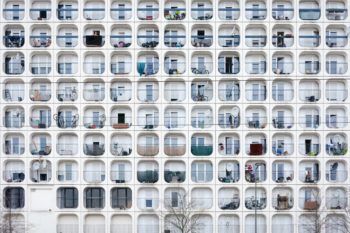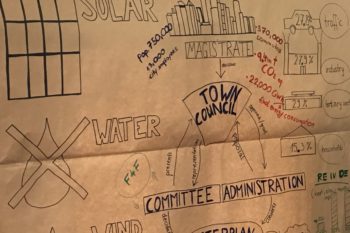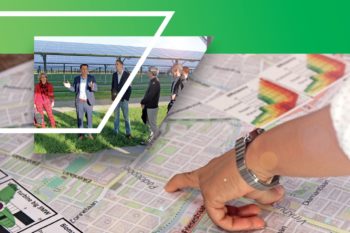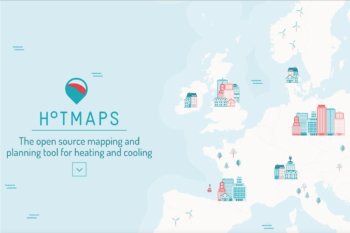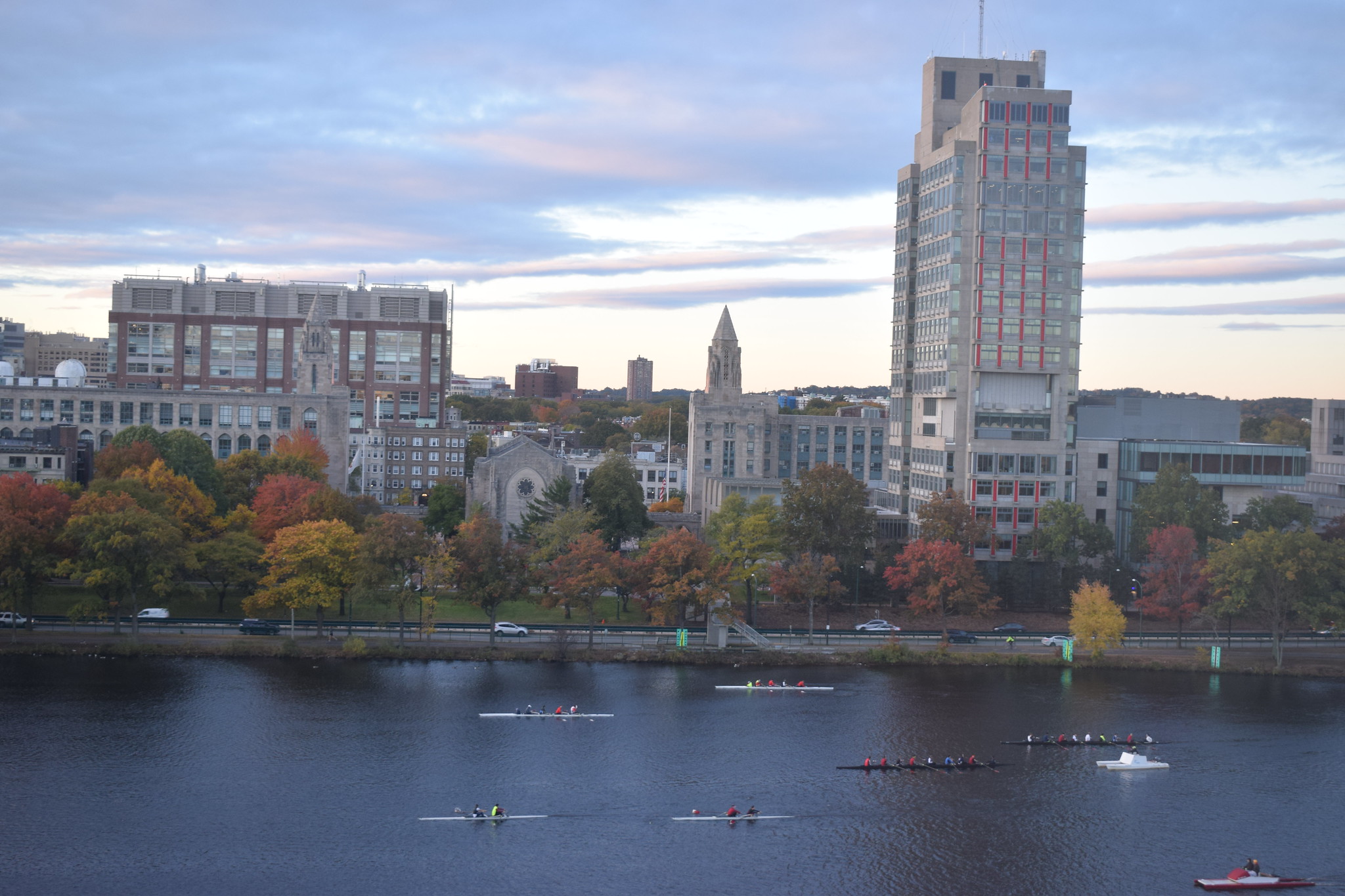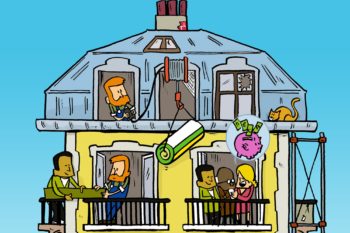Projects
A great opportunity to test unheard-of urban practices and to implement them with other cities and organisations.
Filter by
ORFEE
Office of Renovations and Financings for Energy Efficiency

The European Union wants to achieve a zero-emission building stock by 2050 and local one-stop shops (OSS) for home energy renovation are key to achieving […]
Renewable energy partnerships
Renewable community energy engagement

At present, many local governments in Europe are eager to support their citizens in getting renewable energy projects off the ground or in taking a […]
Zero Carbon Cities
New climate change targets in line with the Paris Agreement
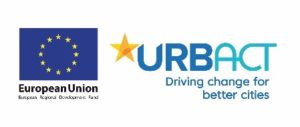
The URBACT Zero Carbon Cities project is led by Manchester. Seven European cities are involved in this project : Bistrita (Romania) Frankfurt am Main (Germany) […]
TOMORROW
Leading the energy transition bottom-up
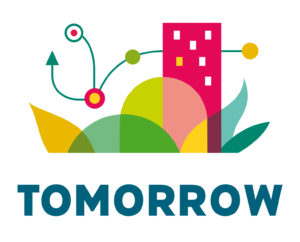
What is TOMORROW? TOMORROW is a Horizon 2020 funded project, aiming at empowering local authorities to lead the transition towards low-carbon, resilient and more liveable […]
WELLBASED
Exiting energy poverty and related health problems: European pilots take action

While 10% of European citizens suffer from energy poverty and policy solutions remain scarce, six cities around Europe have decided to design urban programmes that may serve as blueprint for others.
Innovate
One-stop-shops and energy retrofit packages for homeowners
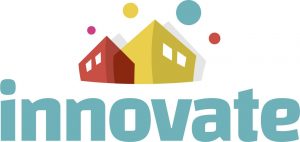
Home owners have difficulties in tackling a retrofit project. In order to facilitate the process, INNOVATE develops and rolls out attractive energy retrofit packages, ideally offered in one location – a one-stop-shop.
Smarter Together
Smart and Inclusive Solutions for a Better Life in Urban Districts
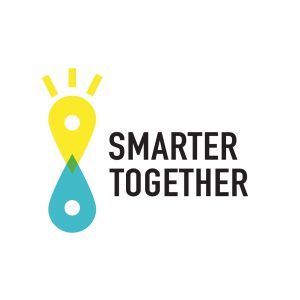
Smarter Together is a pilot project that aims at developing ICT solutions for the energy transition in urban areas. A special focus will be on residential housing renovation, production and consumption of renewable energy and mobility. Lyon, Munich and Vienna are the three leading cities in the Smarter Together project. Smarter Together is a Smart Cities project supported by the European Union in the framework of the Horizon 2020 programme.
Renewables Networking Platform
Cities and regions on the 100% renewables road
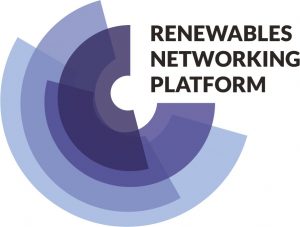
If we want to increase the number of renewable projects in Europe, we need to set up the right policy frameworks and to connect the right actors (policy-makers, citizens, companies, NGOs…) with each other. This is, what the Renewable Networking Platform project aims at, while monitoring the advances in renewable policies both at national and sub-national levels.
HotMaps
Europe's open-source tool for strategic heating and cooling

HotMaps aims at designing a toolbox to support public authorities, energy agencies and urban planners in strategic heating and cooling planning on local, regional and national levels, and in line with EU policies.
Energy Allies
Transatlantic Multi-stakeholder Dialogues for the Local Energy Transition

We are witnessing how local governments in the U.S. and Europe are rallying to respond to the climate challenge and are driving the transition to a sustainable low carbon future. Showing that citizen and business participation makes climate and energy policies more effective might inspire others to follow suit. That, in turn, could make it easier for national leaders to act more forcefully.
LIFE PlanUp
For strong and inclusive energy & climate plans
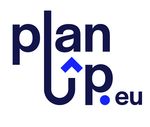
Engaging national, regional and local partners, the LIFE PlanUp project focuses on five EU Member States: Spain, Italy, Poland, Romania and Hungary. PlanUp closely tracks the […]
ACE-Retrofitting
Accelerating Condominium Energy Retrofitting
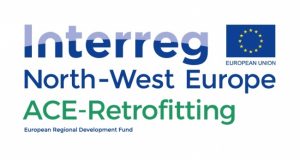
43% of the European population lives in condominiums/multi-occupancy apartment blocks, which are primarily of low energy performance. How can cities accelerate the energy retrofitting of these buildings?
